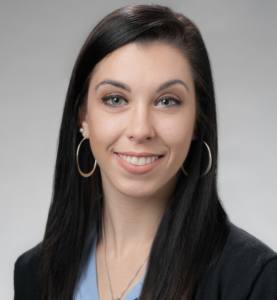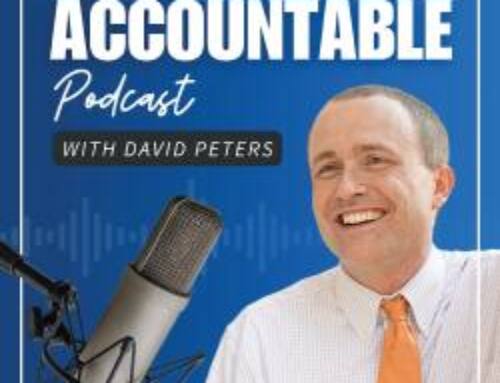Fraudsters have been taking advantage of the new work and life routines of the pandemic and causing mayhem, according to Jessica Kaczor, CPA, CFE, of Bauknight, Pietras & Stormer, P.A. (BPS).
Criminals are finding more opportunities to sneak into systems and cause harm when employees don’t think to have their guard up because so many people are working remotely, coping with home schooling and being mindful to keep themselves, their families and colleagues safe.

Jessica Kaczor, CPA, CFE, of Bauknight, Pietras & Stormer, P.A.
“Some people will take advantage of the situation because with no one looking, they believe the chances of being caught are low,” Kaczor said.
Kaczor is taking this message — along with proven strategies to combat fraud — to the 2020 Virtual TFACC, the premiere national conference for tax, finance and accounting professionals who work with rural broadband and electric cooperatives and rural companies. The conference, set for Aug. 3-4, is sponsored by the National Rural Electric Cooperatives Association (NRECA), NTCA Rural Broadband Association and the National Society of Accountants for Cooperatives (NSAC).
According to Kaczor, small businesses typically lose 5% of revenue to fraud each year, a rate two to four times higher than that of large organizations. Common types of fraud are associated with billing, payroll and payment tampering. With more companies requiring employees to work remotely without supervision, opportunities to “game the system” have exploded.
“One of the primary reasons for this is internal controls that are usually very effective in deterring fraud are circumvented when people work from home,” Kaczor said. “Home computers are not secured, there’s no boss looking over the employee’s shoulder and checking their work, and there’s also a sense of urgency to do what it takes to get things done rather than following established controlled protocols.”
Kaczor (SCACPA member since 2016) says COVID-19 fraudsters generally fall into one of two categories:
- Furloughed employees whose work hours and income have been cut and need money to make ends meet might cheat
- Individuals whose workloads have increased could feel the company owes them more for their efforts.
“Neither is justified, but we shouldn’t be too surprised when people are under stress,” says Kaczor, who works with BPS clients to develop and implement fraud prevention strategies.
Her advice—which she will cover in detail at the TFACC Conference as well as with current and prospective clients—is that all companies, co-operatives, and associations should re-evaluate their risk assessment and adjust their fraud prevention strategy accordingly.
“As simple as it sounds, notifying your employees that fraud prevention efforts are now heightened as a result of COVID-19 and anyone found to be committing fraud against the company – be it payroll-related, fraud with vendors or identity theft – will be prosecuted immediately,” Kaczor said. “It’s a powerful deterrent.”
Kaczor adds, “All companies should re-evaluate their risk and adjust their fraud prevention strategies accordingly.”
To find out more about how BPS can protect your organization from fraud, visit their website. To learn more about the TFACC Conference or to register, visit this website.



